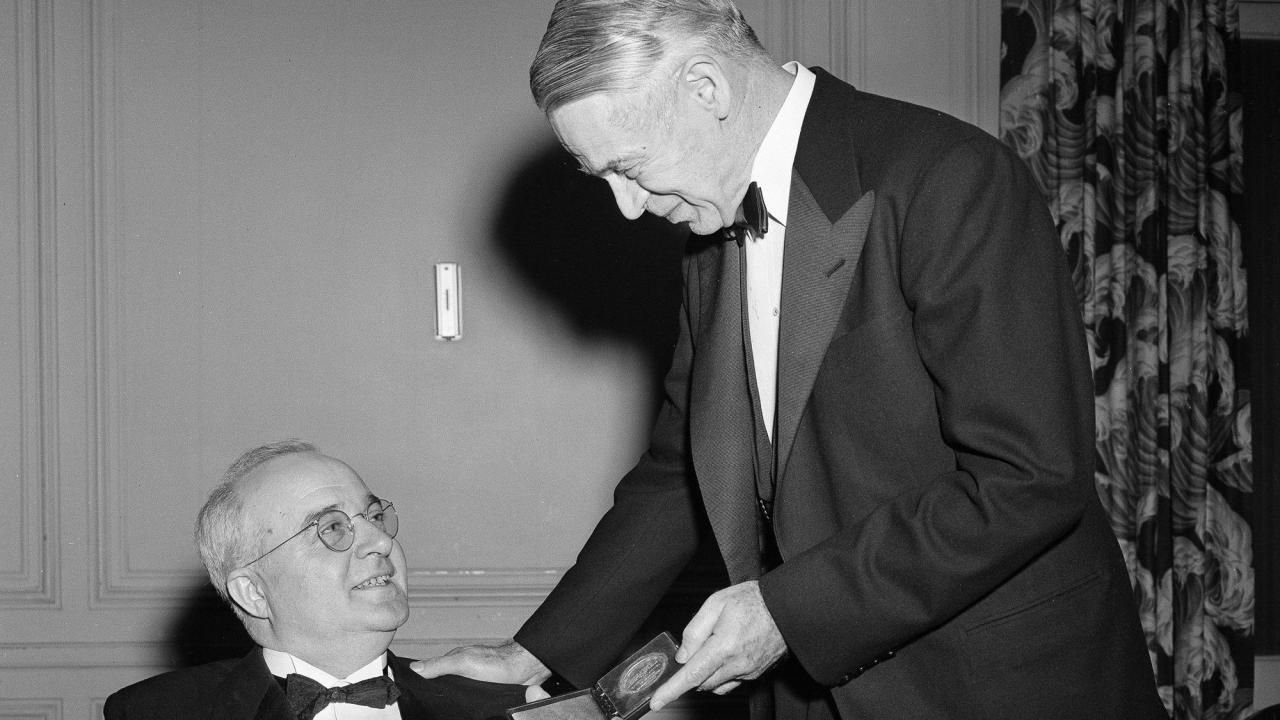From Breakthrough to Disaster: The Story of Thomas Midgley Jr.
Introduction: A Promising Invention Turns Sour
Thomas Midgley Jr., once hailed as an innovative genius, now stands as a cautionary tale of unintended consequences. His groundbreaking discoveries, celebrated in their time, have since been recognized as disasters with far-reaching implications. This is the story of how one man’s inventions, intended to solve pressing problems, ended up causing irreparable harm to both human health and the environment.
The Leaded Gasoline Debacle
Unveiling Tetraethyl Lead
In 1924, Thomas Midgley Jr., a chemical engineer at General Motors, made headlines with his invention of tetraethyl lead, a lead compound designed to address engine knocking in automobiles. Engine knocking, caused by low-quality gasoline, was a major concern for the automotive industry, leading Midgley to develop a solution that seemed revolutionary at the time.
An Ill-Fated Demonstration
Midgley’s confidence in his invention was so unwavering that he famously demonstrated its safety by pouring tetraethyl lead over his hands and inhaling its fumes. His bold assertion that the substance posed no health risks proved tragically misguided, as subsequent events would reveal the true dangers of lead exposure.
The Unforeseen Consequences
Health Risks and Environmental Damage
Despite Midgley’s assurances, the widespread use of leaded gasoline had devastating consequences for public health and the environment. Lead, a highly toxic substance, poses significant risks to human health, particularly in children, leading to developmental delays, cognitive impairments, and other serious health issues. Additionally, the combustion of leaded gasoline released toxic emissions into the atmosphere, contributing to air pollution and environmental degradation.
Legacy of Contamination
Decades after its introduction, the legacy of leaded gasoline continues to haunt communities around the world. Soil and water contaminated with lead pose ongoing health risks, while cleanup efforts remain costly and complex. The enduring impact of Midgley’s invention serves as a sobering reminder of the long-term consequences of prioritizing short-term gains over public health and environmental stewardship.
Lessons Learned and Moving Forward
Regulatory Responses
In response to the dangers posed by leaded gasoline, governments around the world implemented regulatory measures to phase out its use. The gradual transition to unleaded gasoline marked a significant step towards mitigating the health and environmental risks associated with lead exposure, demonstrating the importance of proactive regulation in safeguarding public health.
Embracing Sustainable Solutions
The legacy of Thomas Midgley Jr. serves as a cautionary tale for future generations of innovators and policymakers. As society grapples with pressing environmental and public health challenges, there is a growing recognition of the need for sustainable solutions that prioritize human well-being and environmental preservation. By learning from past mistakes and embracing innovation responsibly, we can chart a course towards a healthier, more sustainable future for all.



































